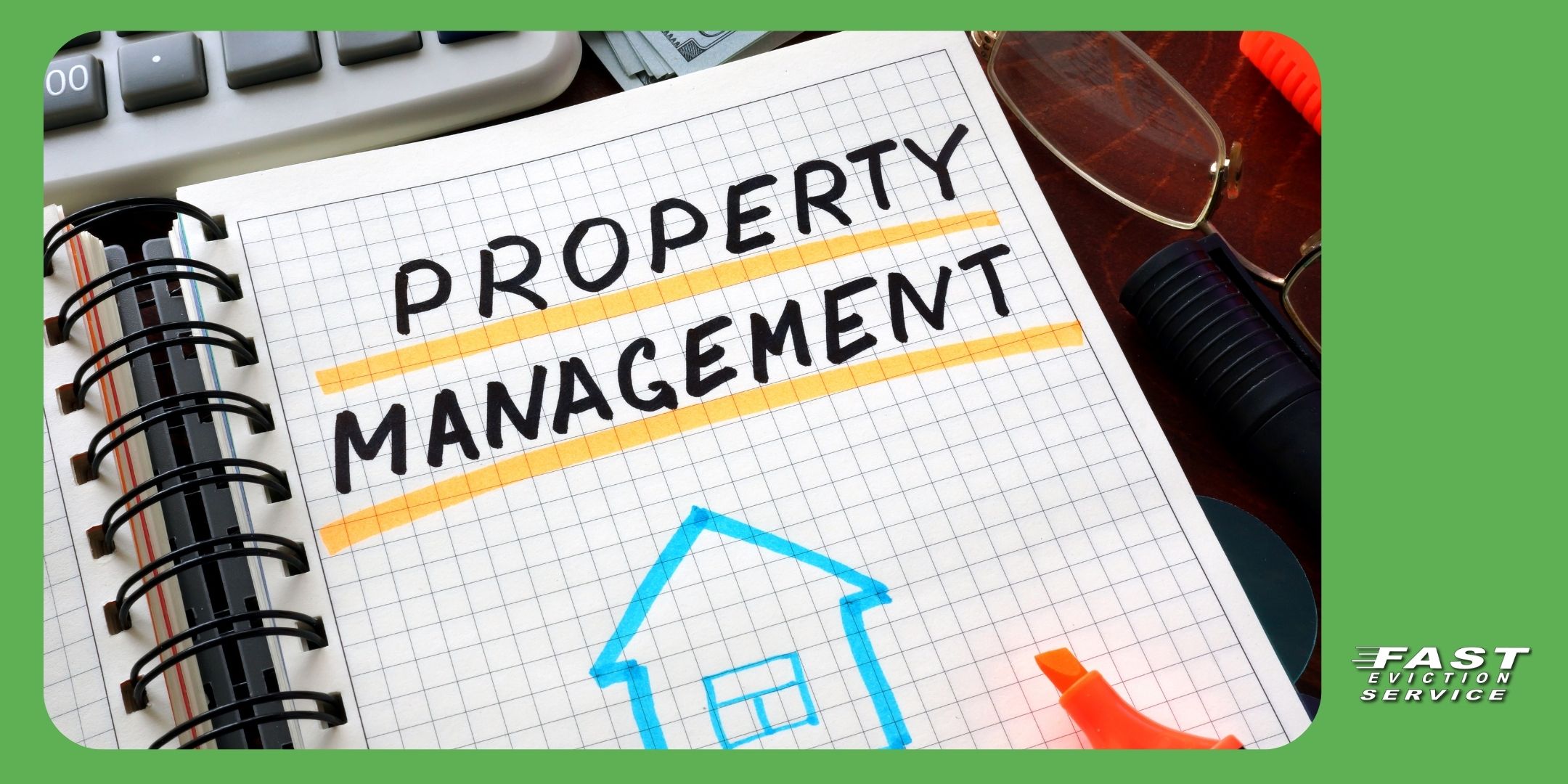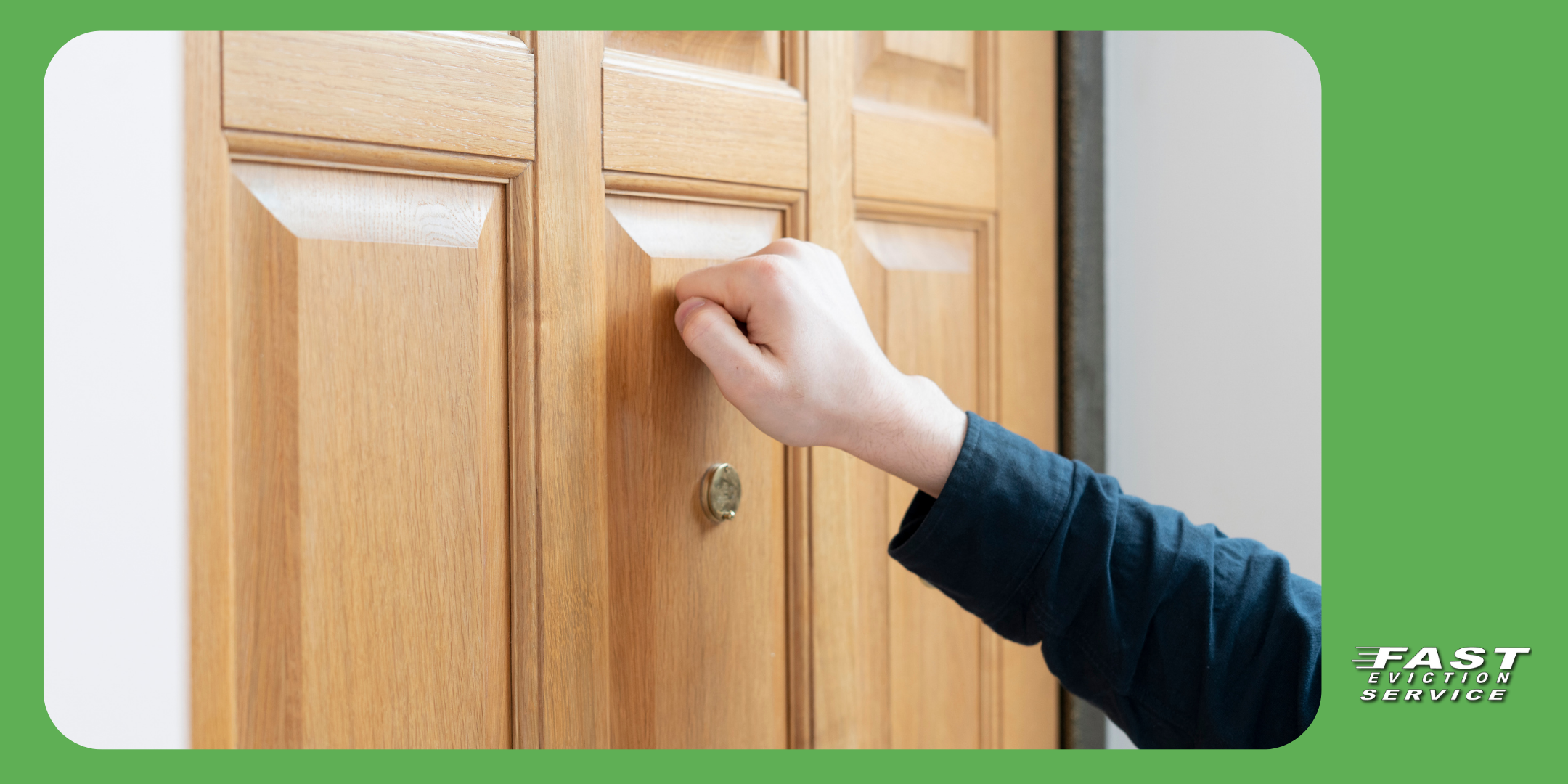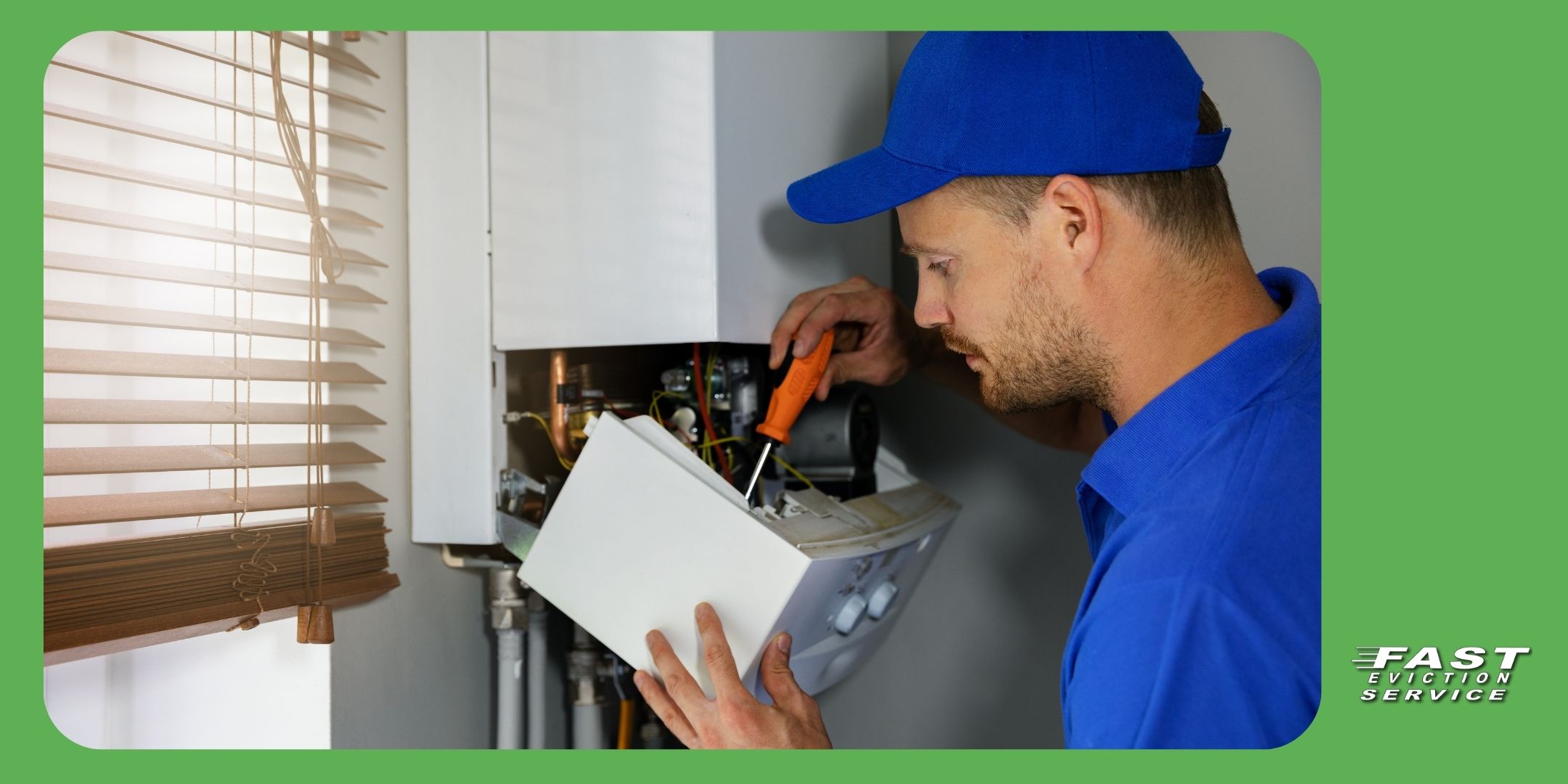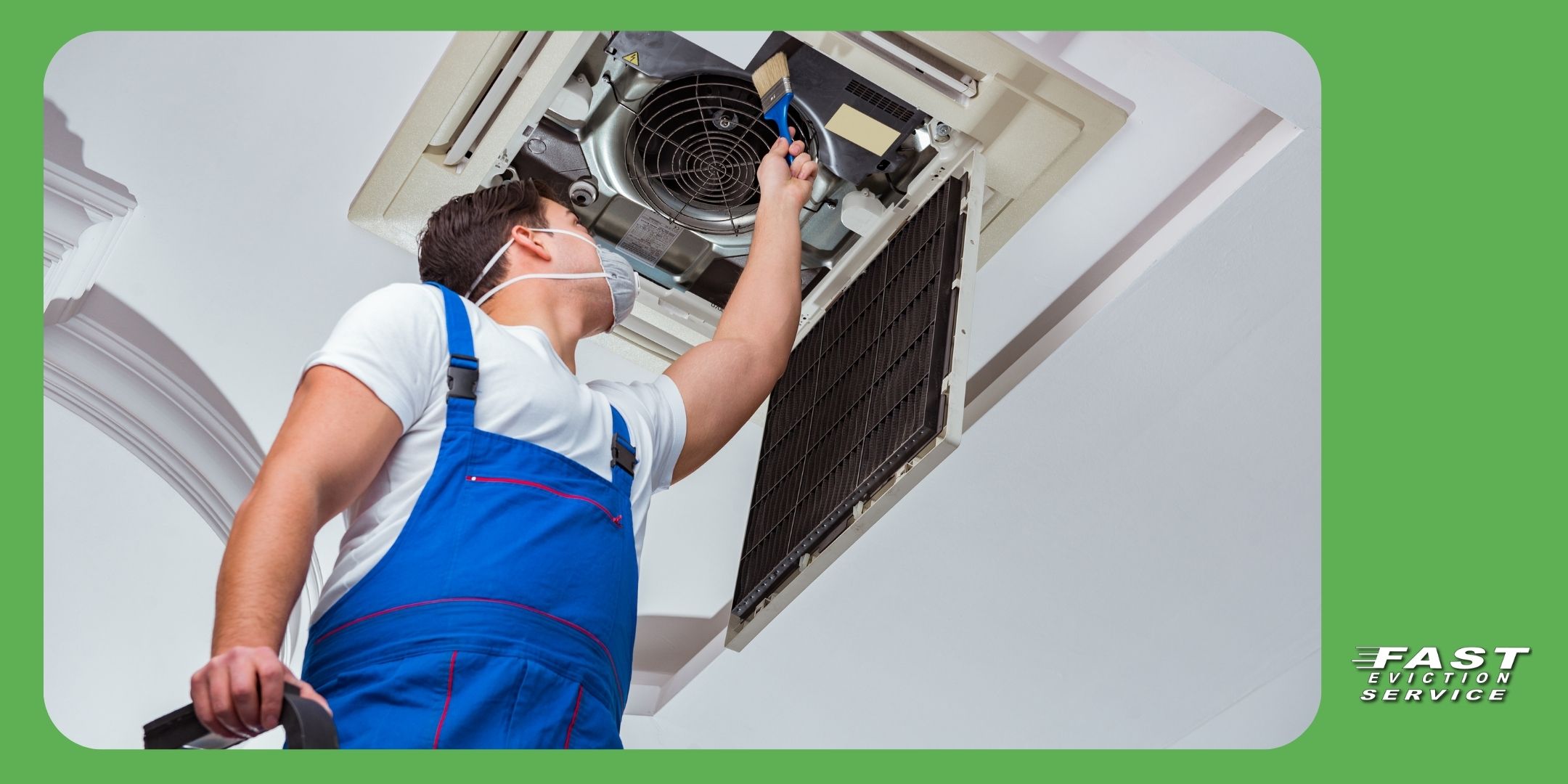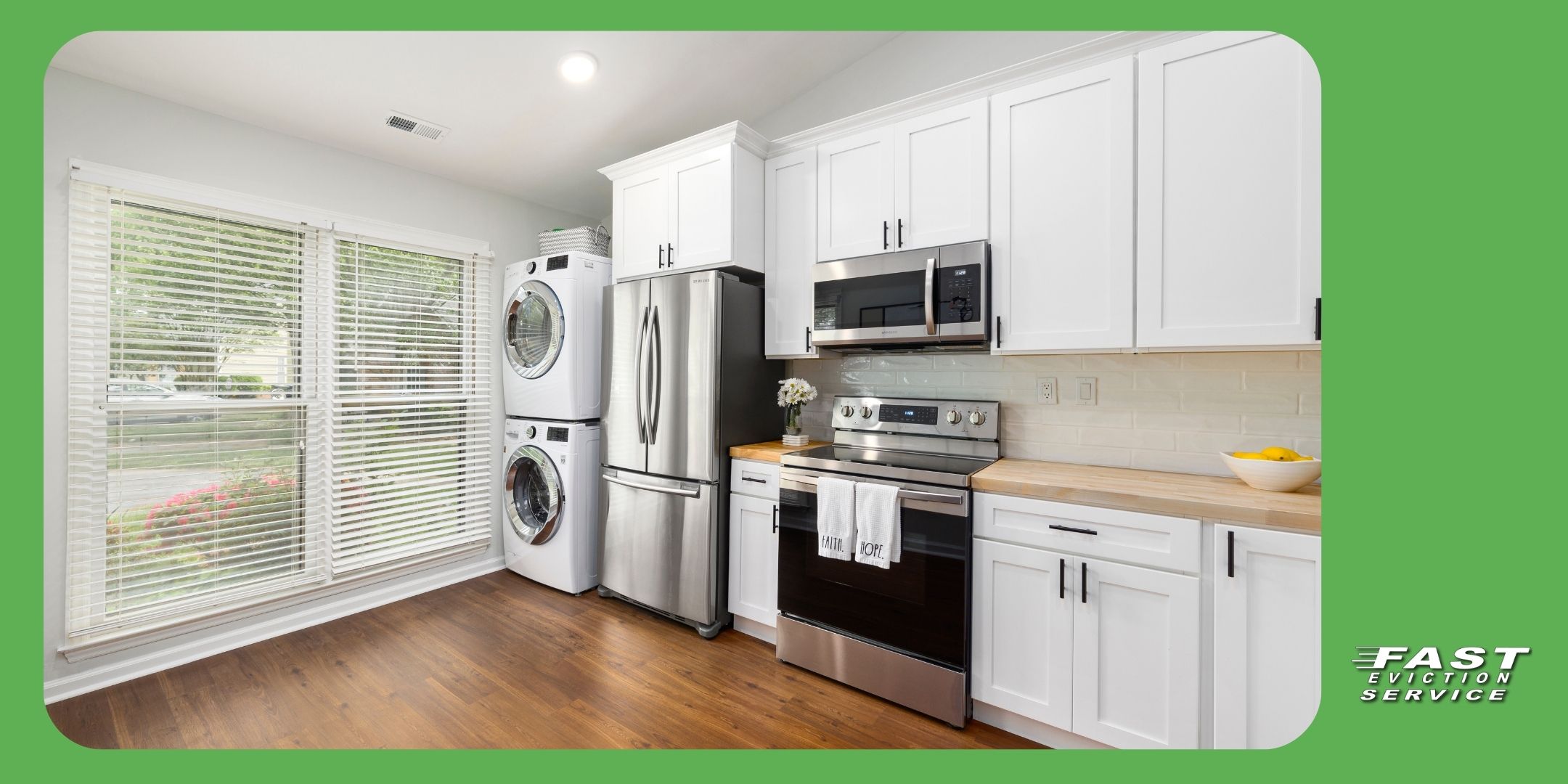Updated 12/19/24
Maintaining your rental property is not only a responsibility but also an opportunity to take advantage of tax benefits. One of the most important aspects of property management involves understanding how tax deductible repairs on rental property work. Many landlords are unaware that certain repair expenses can be deducted from their taxable income, reducing their overall tax liability. But what qualifies as a repair? How does it differ from an improvement? Understanding these key concepts can help you maximize your tax savings and avoid costly mistakes when filing your taxes.
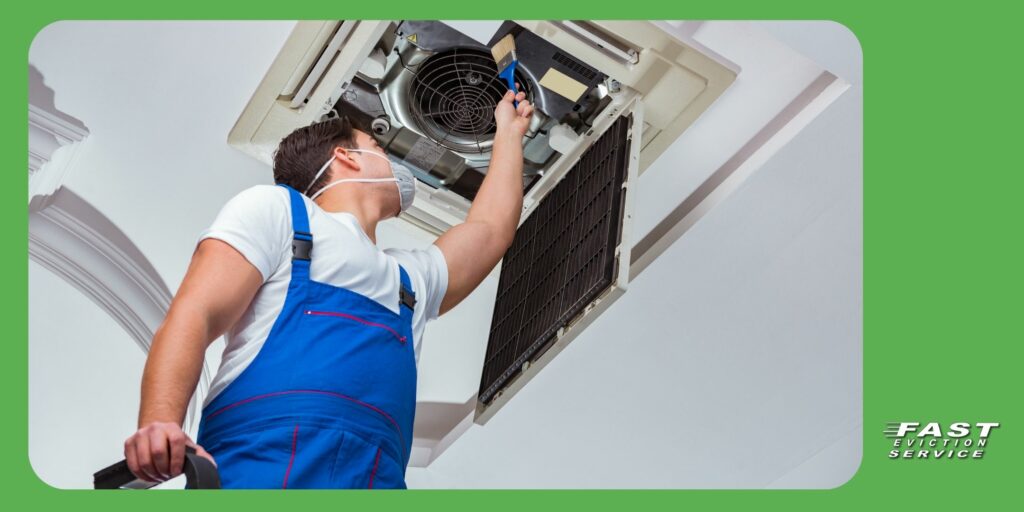
In this article, we’ll explore the ins and outs of tax deductible repairs on rental properties, how to distinguish between repairs and improvements, and best practices to ensure you’re getting the full benefit. Whether you are a seasoned property owner or new to the world of real estate, this guide will help you make more informed decisions when it comes to your property’s maintenance and your taxes.
Table of Contents
- What Qualifies as Tax Deductible Repairs on Rental Property?
- Rental Repairs vs. Improvements: What’s the Difference?
- How to Deduct Repair Costs on Your Taxes
- Common Examples of Tax Deductible Repairs
- Best Practices for Record-Keeping
- Frequently Asked Questions
What Qualifies as Tax Deductible Repairs on Rental Property?
Understanding what qualifies as tax deductible repairs on rental property is the first step toward optimizing your tax returns. Generally, the IRS allows landlords to deduct expenses for repairs that are necessary to keep the property in good working condition and restore it to its original state. These repairs are typically small in nature and do not add value to the property or extend its useful life.
Examples of tax deductible repairs might include fixing a leaky faucet, patching holes in the walls, replacing broken windows, or repairing a damaged roof. Essentially, repairs that don’t improve the property but simply maintain it in a rentable condition are considered deductible. However, it’s important to note that maintenance and repair costs must be directly related to the rental property. Personal repairs, even if done on the same property, are not deductible.
One of the most common mistakes landlords make is misclassifying repairs as improvements. Improvements, which we’ll explore in the next section, are often more costly and can be subject to different tax rules. If you’re uncertain, always consult with a tax professional to ensure your deductions are correct and compliant with IRS regulations.
Rental Repairs vs. Improvements: What’s the Difference?
The distinction between rental repairs and improvements is critical when it comes to taxes. While repairs are generally tax deductible, improvements may need to be capitalized and depreciated over time.
Repairs are work done to fix damage or wear and tear without changing the overall value of the property. As mentioned earlier, this might include fixing plumbing, replacing broken appliances, or repairing flooring. These expenses are generally deducted in the year they are incurred.
On the other hand, improvements are upgrades that add significant value to the property, extend its useful life, or adapt it to a new use. For example, installing a new roof or renovating a kitchen would typically qualify as improvements. These costs cannot be deducted in full in the year they occur. Instead, you must capitalize the cost and depreciate it over the useful life of the improvement, typically 27.5 years for residential rental property.
Understanding the difference between rental repairs vs. improvements ensures you handle your tax filings properly. Repairs can reduce your taxable income immediately, while improvements require a long-term strategy for depreciation.
How to Deduct Repair Costs on Your Taxes
To take advantage of tax deductible repairs on rental property, you must properly track and report your expenses. The IRS requires that landlords keep detailed records of any repairs and maintenance work done on their properties. This includes keeping receipts, invoices, and documentation of the work completed.
When filing your tax return, you’ll report these expenses on Schedule E, which is used for income and expenses related to rental properties. Repairs and maintenance costs are typically listed under “Other Expenses” on the form. It’s important to remember that you can only deduct expenses that are directly related to your rental property, so personal repairs should not be included.
Additionally, if you hired contractors or service providers for repairs, make sure to keep detailed information about the services rendered. This includes the cost, the nature of the work performed, and the dates it was completed. The more organized you are, the easier it will be to ensure you’re maximizing your deductions for tax purposes.
Common Examples of Tax Deductible Repairs
Some of the most common tax deductible repairs on rental properties include:
- Plumbing Repairs: Fixing leaks, clogged drains, or broken pipes.
- Electrical Repairs: Replacing broken outlets, switches, or faulty wiring.
- Roof Repairs: Patching leaks or replacing a few damaged shingles.
- Painting: Touching up worn or damaged areas of paint.
- HVAC Repairs: Fixing or replacing components of the heating and cooling systems.
These are just a few examples, but the key takeaway is that anything that is necessary to maintain the property’s habitability or restore it to its original condition can potentially qualify as a tax deductible repair.
Best Practices for Record-Keeping
Accurate record-keeping is essential to ensure you maximize your tax deductions for repairs on rental property. By keeping detailed receipts and invoices, along with notes on the work completed, you’ll be able to provide solid documentation if you are ever audited by the IRS.
Use software or spreadsheets to track your expenses throughout the year. Many property management software programs also offer built-in tools to track repairs and maintenance costs. Additionally, organizing your records by category (plumbing, electrical, etc.) can make tax time much simpler.
Don’t forget to document the date and reason for each repair. This will help you demonstrate that the work was a necessary repair rather than an improvement.
Frequently Asked Questions
Are repairs on a rental property tax deductible?
Yes, repairs on a rental property are generally tax deductible, as long as they maintain the property in good working condition without adding substantial value. Common examples include fixing plumbing issues, patching holes in walls, or replacing broken appliances.
What’s the difference between a repair and an improvement for tax purposes?
Repairs fix damage or wear and tear without adding value to the property, and are typically deductible in the year the expense occurs. Improvements, such as remodeling a kitchen or replacing a roof, increase the property’s value or extend its useful life, and must be capitalized and depreciated over time.
How do I claim tax deductible repairs on my taxes?
To claim tax deductible repairs on your rental property, you need to track all expenses and report them on Schedule E of your tax return. Make sure to keep detailed receipts, invoices, and notes about the work done to support your deductions.
By understanding what constitutes tax deductible repairs on rental property and keeping proper records, you can save money on your taxes while ensuring your property remains in excellent condition. Keep these tips in mind as you navigate the complexities of tax season, and consult with a tax professional if you have any questions or uncertainties.

